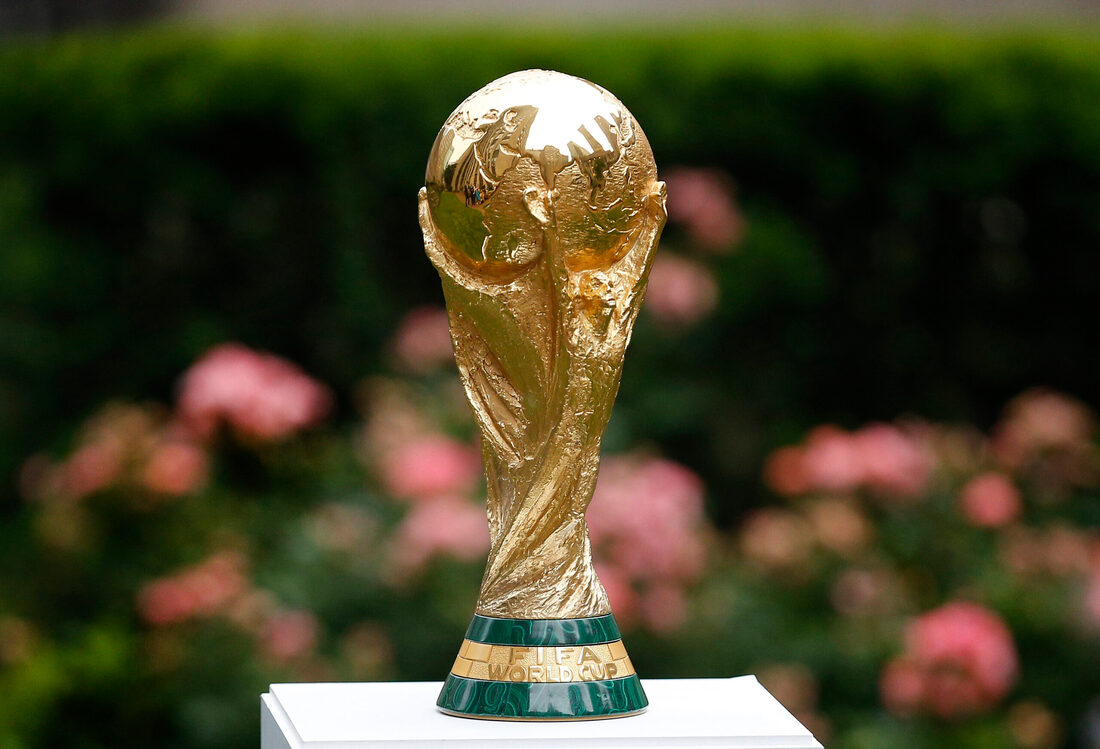"Sports have become a sense of pride for countries and an outlet for people to express their pride for their teams, which you can see come out even more with the World Cup going on. But what happens when that's taken to an extreme?" --Lola Christ, 9th grade
Fans of teams do sometimes stoop to extreme lows when expressing this passion, such as attacks, riots and other forms of physical violence. The competitive nature of sports themselves can also create a safe space for fans to take out rage. Sports riots constantly occur, varying in extremity. In America we constantly find ways to riot over football and soccer but rioting isn’t exclusive to America; Canadians also riot for sports hockey too. The worst part about this though being the casualties caused, because even in victory riots occur. Following the victory of the Boston Red Sox in 2004 rioters flipped a car, and their previous riots the week prior killed a person. In Detroit after the Pistons won in 1990 the celebration led to four deaths, stabbings, as well as fighting of all kinds.
Why is it that so many people feel the need to get aggressive when showing support? For this, there are a multitude of reasons, many of which have to do with personal pride, and can mix with prejudice, hate, and mob mentality induced by deep support. As Ron Holt said in The Discourse Ethics Of Sports Print Journalism, "It does not create the conditions for war, but it does maintain the possibility of those conditions, and adds its own efficiency to the other forces which produce a social order in which trails of strength are seen as part of the natural course of things" (Holt, 2000, pg 88)
In fact this very topic dates back to ancient Greece and Rome. Spectator violence is rooted in history, with the most common forms besides general aggression consisting of verbal attacks, gestures, throwing items, and destruction of property. Essentially, people tend to find various ways to take out their rage. Now another reason other than general pride for these riots is mob mentality, the phenomenon in which you feel an obligation to neglect personal opinions or feelings when becoming part of a larger group, much like peer pressure. As the Washington Post put it, “Researchers attribute violent behavior to a heady mixture of factors: intense fan identification with a team, behavioral changes when people become part of a mob, and strong psychological and physiological responses when your team wins or loses.”
The importance of a win for fans can also go beyond just pride, although that may be a very large contributing factor. Sports outcomes could also affect people's money, seeing as betting isn't uncommon. The games themselves being contact sports doesn’t discourage people from getting physical, especially with the spectator violence mentioned early which could easily become provoking. The extreme contact sports especially incite violence, “By nature, certain sports (such as football, ice hockey, etc.) have higher levels of contact between players. Thus, they inevitably include more aggression.”
Ultimately lots of sports tend to incite and lead to violence and discourse, but that doesn’t necessarily land all the blame on them. It’s up to us as people to determine and dictate our own actions, and even if sports might allow us to become more violent it’s us as humans who chose to act this way. If we wanted to, we could stay civil.
Why is it that so many people feel the need to get aggressive when showing support? For this, there are a multitude of reasons, many of which have to do with personal pride, and can mix with prejudice, hate, and mob mentality induced by deep support. As Ron Holt said in The Discourse Ethics Of Sports Print Journalism, "It does not create the conditions for war, but it does maintain the possibility of those conditions, and adds its own efficiency to the other forces which produce a social order in which trails of strength are seen as part of the natural course of things" (Holt, 2000, pg 88)
In fact this very topic dates back to ancient Greece and Rome. Spectator violence is rooted in history, with the most common forms besides general aggression consisting of verbal attacks, gestures, throwing items, and destruction of property. Essentially, people tend to find various ways to take out their rage. Now another reason other than general pride for these riots is mob mentality, the phenomenon in which you feel an obligation to neglect personal opinions or feelings when becoming part of a larger group, much like peer pressure. As the Washington Post put it, “Researchers attribute violent behavior to a heady mixture of factors: intense fan identification with a team, behavioral changes when people become part of a mob, and strong psychological and physiological responses when your team wins or loses.”
The importance of a win for fans can also go beyond just pride, although that may be a very large contributing factor. Sports outcomes could also affect people's money, seeing as betting isn't uncommon. The games themselves being contact sports doesn’t discourage people from getting physical, especially with the spectator violence mentioned early which could easily become provoking. The extreme contact sports especially incite violence, “By nature, certain sports (such as football, ice hockey, etc.) have higher levels of contact between players. Thus, they inevitably include more aggression.”
Ultimately lots of sports tend to incite and lead to violence and discourse, but that doesn’t necessarily land all the blame on them. It’s up to us as people to determine and dictate our own actions, and even if sports might allow us to become more violent it’s us as humans who chose to act this way. If we wanted to, we could stay civil.

